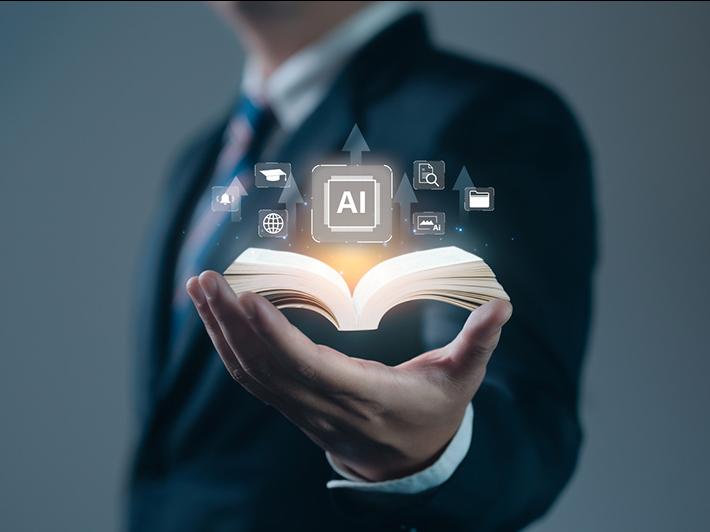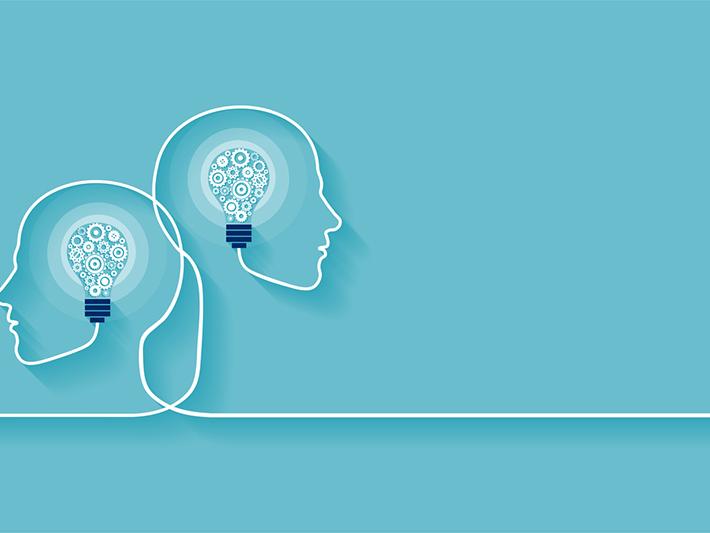The term “skills emergency” has become shorthand for a growing concern: that many graduates leave university without the communication or interpersonal skills that employers expect. In New Zealand, recent data highlights the depth of this issue. More than four in five (83 per cent) applicants lacked adequate communication skills, while 73 per cent showed insufficient initiative, according to the Employers and Manufacturers Association’s 2023 survey of 543 employers. The gap is particularly pronounced in the technology sector. An analysis of 530 IT job advertisements revealed that 82 per cent explicitly mentioned soft-skills requirements, with communication-related skills the most sought-after category.
In response to employer expectations, universities have embedded soft skills development into their formal academic goals. The graduate profile framework at the University of Canterbury, for instance, sets out attributes that extend beyond subject-specific knowledge. These include bicultural competence, global awareness and community engagement, alongside skills such as communication, teamwork and critical thinking. Frameworks like these recognise that employers seek graduates with both technical expertise and strong interpersonal skills. Yet for many institutions, translating these aspirations into meaningful, scalable learning experiences remains a significant challenge.
Why traditional teaching methods fall short for soft skills
While traditional lectures are an effective means for delivering course content, they offer limited value for developing interpersonal and practical abilities. As one expert noted: “Soft skills cannot be learned via lectures or textbooks alone.” These capabilities are best developed through active participation in social and professional scenarios: engaging in dialogue, receiving feedback and adjusting responses in real time. However, even when opportunities for active learning are provided, students often hesitate to fully engage for fear of negative evaluation when making mistakes in front of instructors or peers.
- Spotlight guide: Soft skills for hard times
- The case for human-centred skills in higher education
- Industry engagement matters for doctoral candidates, too
The shift towards online and distance learning has exacerbated these challenges. Without the immediacy of face-to-face interaction, students have fewer opportunities to develop the interpersonal skills that emerge naturally in physical spaces. Spontaneous exchanges, real-time feedback and non-verbal cues all shape communication skills, yet these elements are often diminished or absent in online learning.
Using AI to help learners develop interpersonal skills
AI can offer ways for learners to develop and practise soft skills without the need for face-to-face interaction. To that end, our team has developed an AI student learning application (Aisla). The application allows students to engage in conversations with authentic personas in realistic scenarios. To create an activity, educators identify a real-world context where students will apply their learning. They then design a persona for students to interact with in that setting. In each activity, our students are guided through a structured conversation with the persona, during which they address defined topics, drawing on course knowledge to respond appropriately to the persona’s questions and challenges.
We have piloted Aisla in three professional development short courses, with each activity designed to simulate an authentic, challenging conversation. In our AI Essentials for Educators short course, learners engage with “Sarah”, a teaching colleague who is sceptical about the value of AI in education. In the activity, they practise arguing for the balanced view of AI presented in the course. In Effective Communication for Work, “Clara”, a respected senior executive known for her direct approach, tests learners’ understanding of conflict management strategies. In Designing Authentic Assessment in the Age of AI, learners engage with “Riley”, a frustrated student struggling to make sense of the AI guidelines in an assignment. Each scenario is designed to encourage learners to practise empathy, clarity and persuasion in a context closely aligned with real-world professional challenges.
Using AI interactions to connect thinking to content
The feedback from the pilot has been encouraging. In our first course, 93 per cent of students said that the tool was helpful for their learning. Qualitative feedback has reinforced this finding, with students reporting the conversations felt natural, and that the tool helped them to develop their thinking. One student reported that the tool “directs thinking to topic areas that I hadn’t considered”. Another noted that it “is like talking to a chatty, charming person with specialist insight into the topic area being discussed”.
The feedback highlights a key strength of AI personas: they offer a safe, judgement-free space where students can practise difficult conversations at their own pace, without real-world consequences.
Aisla activities have three elements that distinguish them from generic chatbots. First, each activity is grounded in domain-specific course content, ensuring the interaction is directly relevant to students’ academic and professional development. Second, the personas are carefully designed to mirror the kinds of professionals students are likely to encounter in their future careers. Third, every interaction is shaped by a clearly defined pedagogical purpose so that each interaction builds towards a learning outcome. Together, these elements support the development of communication patterns that students can apply when consequences do matter.
Key lessons for using AI in soft skills training
Educators looking to create their own AI-based tool to support soft skills development should consider the following principles, drawn from our practical experience:
- Define the target skills. You should be able to clearly answer the question: What skills – beyond content knowledge – will students need when applying this material in practice?
- Create authentic AI personas. For soft skills to transfer effectively beyond the classroom, AI personas should come across like real people, with believable personalities and communication styles. The activities you design should reflect real-world professional interactions.
- Master prompts. Thoughtful prompt engineering will ensure high-quality interactions and ensure the AI personas present consistent characteristics and challenge students in meaningful ways.
- Pilot in focused contexts. Start small, so you can refine your tool before scaling. Test in short, targeted courses, such as professional development programmes. These settings allow for manageable implementation and rapid iteration based on feedback.
Our next step is to pilot Aisla within a credit-bearing course, extending beyond professional development into the formal curriculum. Looking further ahead, there is potential to embed AI-driven practice across entire educational programmes to provide a systematic approach to developing graduate attributes.
As universities continue to grapple with aligning graduate outcomes with employer expectations, AI tools such as Aisla offer the promise of a scalable, evidence-based approach for soft skills development.
Kieran Williamson is a technology development specialist at Future Learning and Development at the University of Canterbury, New Zealand.
The University of Canterbury is the host of THE Campus Live ANZ “Local roots to global reach: Shaping ANZ universities’ future” on 2-3 September.
If you would like advice and insight from academics and university staff delivered direct to your inbox each week, sign up for the Campus newsletter.




comment